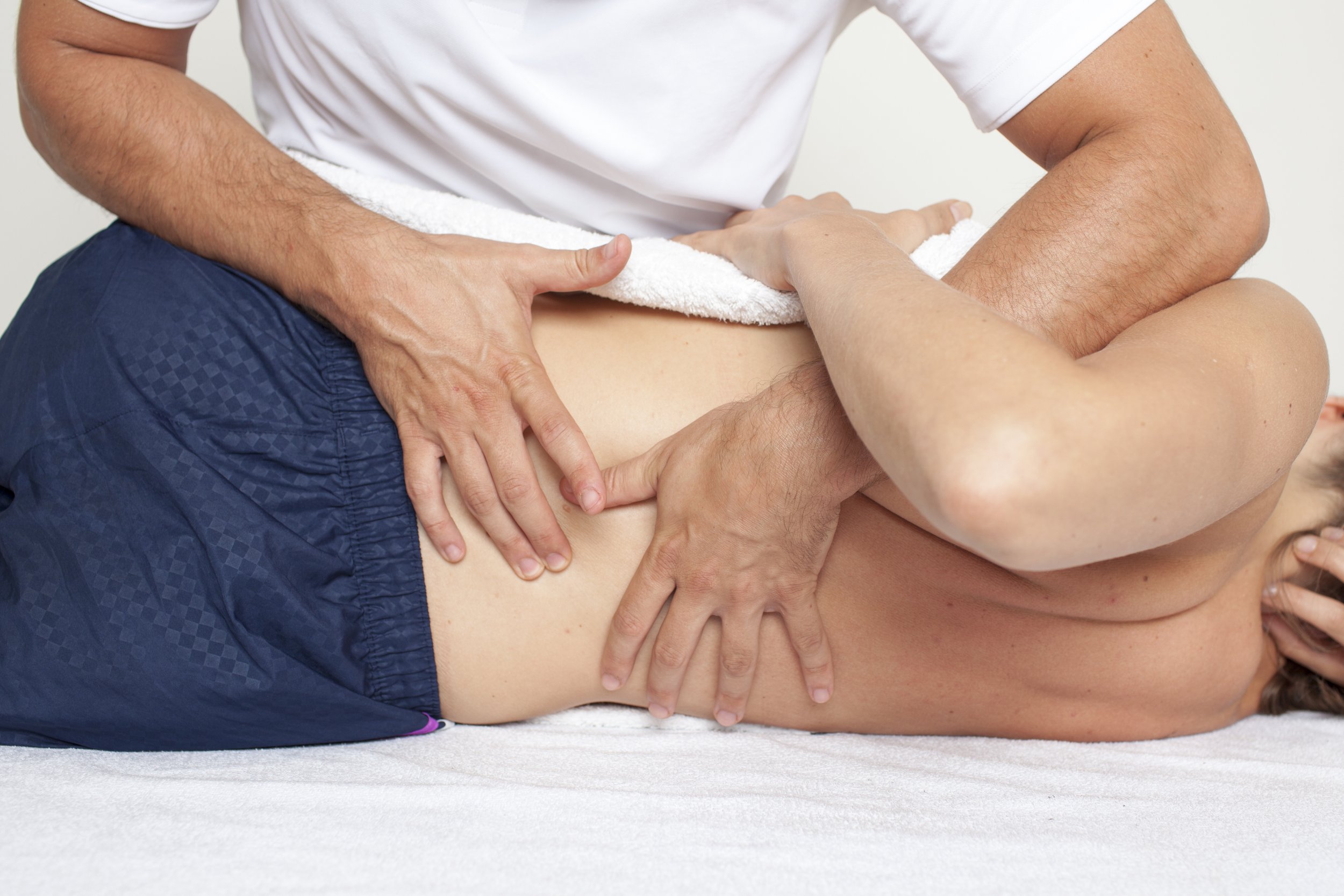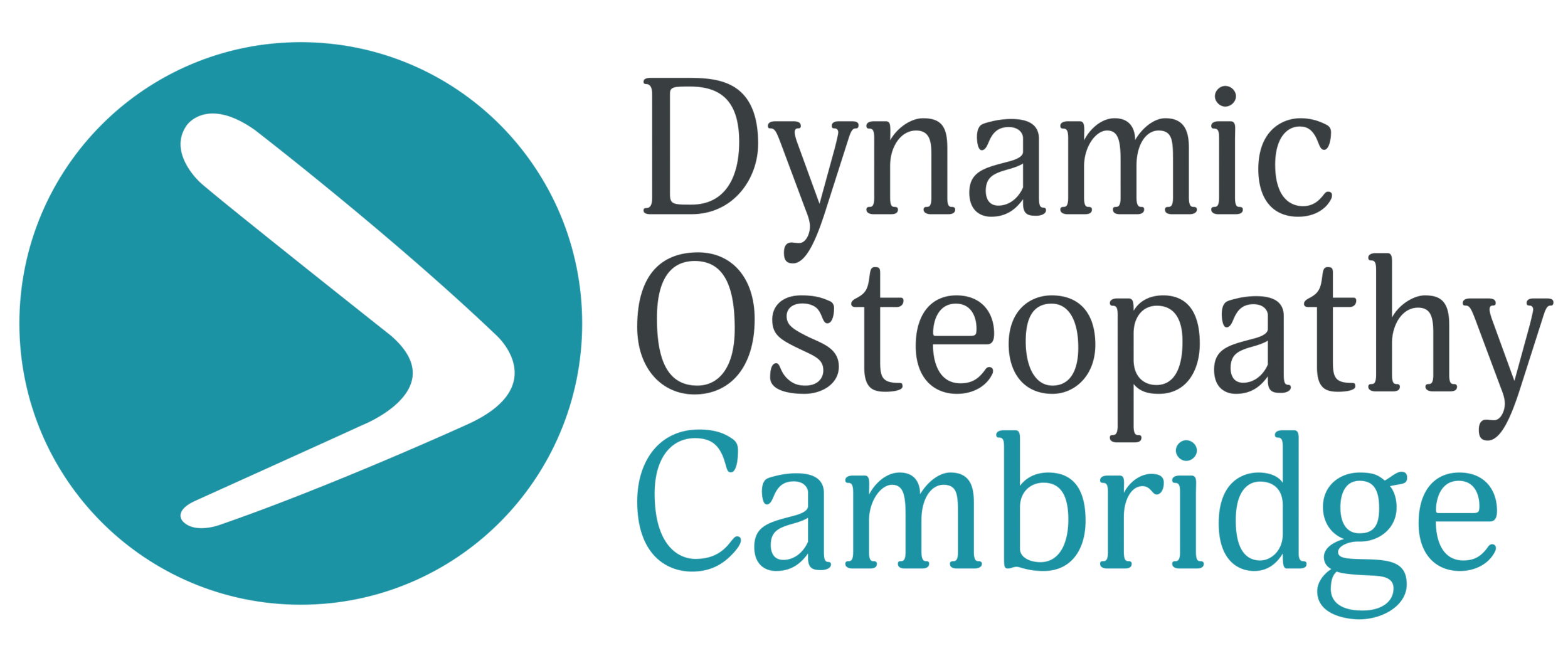
WHAT is osteopathy?
Osteopathy is a holistic system of manual medicine that is primarily concerned with the diagnosis and treatment of musculoskeletal conditions. Founded upon the ideology that all of the body’s systems are related and co-dependant, Osteopathy works by improving the relationship between the moving body, its organs and the nerve and blood supply to achieve better health.
Osteopaths use their experienced hands, trained eyes and the information they gain from your medical history to help diagnose the most likely cause of symptoms. Once a diagnosis has been established the osteopath will propose a treatment plan to address your complaint.
Movement of the body is sometimes referred to as bio-mechanics. By observing and working with the bio-mechanical relationship between different body parts, the practitioner can gain a fuller understanding of how best to treat and to help prevent future occurrence. This may include advise with self help strategies on posture, ergonomics, nutrition, exercise and stretching.
Osteopathic consultation is appropriate for a vast range of musculoskeletal disorders from low back pain to sports related injuries. For example, it is well known for the treatment of:
Neck and back pain
Headache and Migraine
Trapped Nerves (Neuralgia) including Sciatica
Sports Injuries
Frozen shoulder
Arthritic Pain
Knee, hip and foot pain
Shoulder, elbow and hand pain
Digestion problems
Circulatory problems and cramp
Muscle spasm
General aches and pains
This list is by no means exhaustive. If you are unsure whether Osteopathy might be effective for you please contact our principle Osteopath Daniel Rollins.
All Osteopaths at Dynamic Osteopathy Cambridge are fully registered with the General Osteopathic Council (GOsC). The professional title 'Osteopath' is a protected title and it is illegal to call yourself an Osteopath without having a current and valid registration with the GOsC.
terms
Osteopathic treatment begins with an initial consultation. During this initial consultation a full medical history is taken and some physical testing and examination will follow. A contract for consent to treatment to be given and signed prior to the treatment commencing. Treatment then takes place during follow up appointments. How many appointments and what treatment is best appropriate for each individual patient is decided upon by your practitioner and discussed fully with you. A full 24 hours notice is required by all practitioners for any cancellation. Session fees are charged if there is failure to provide this notice.




